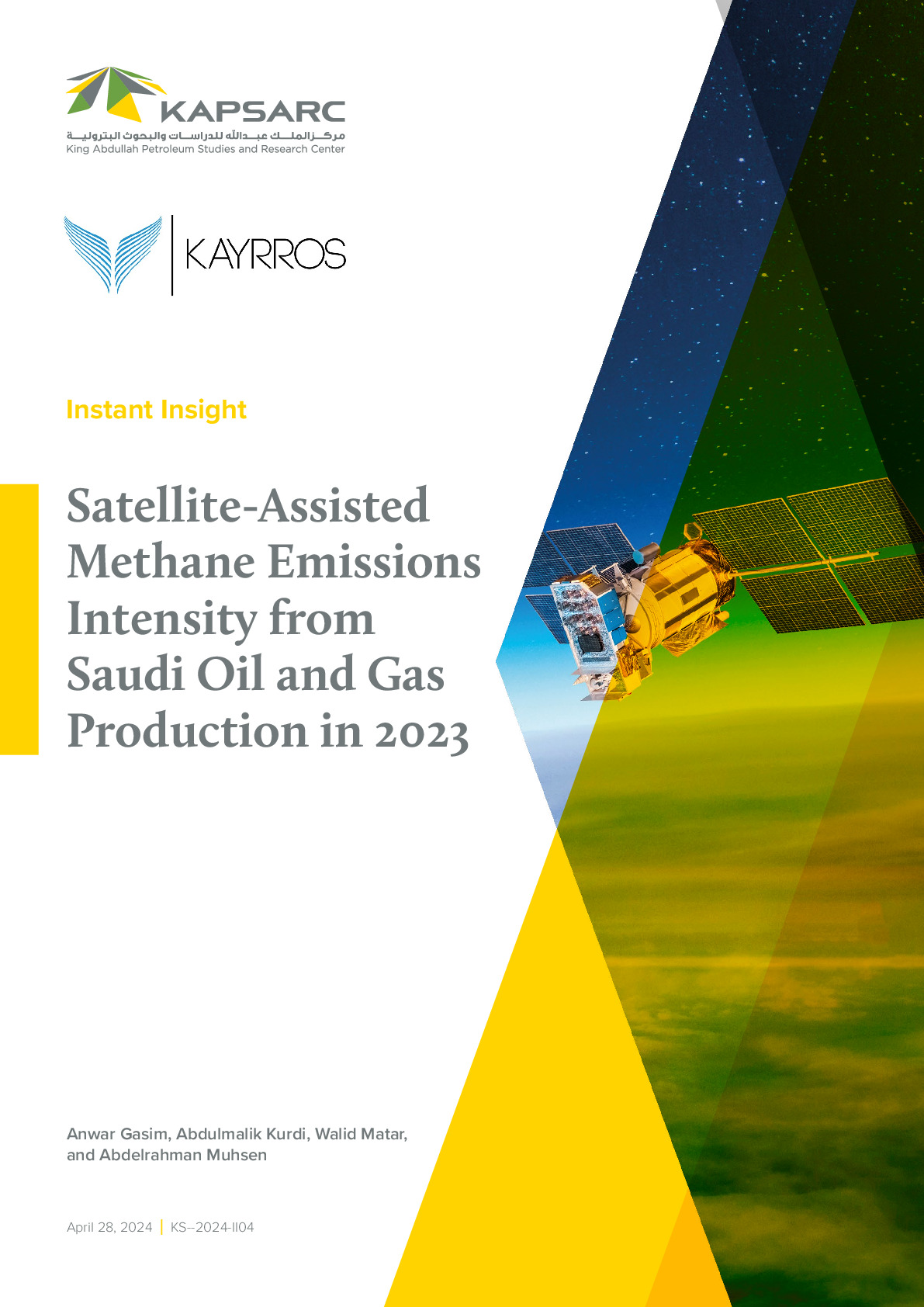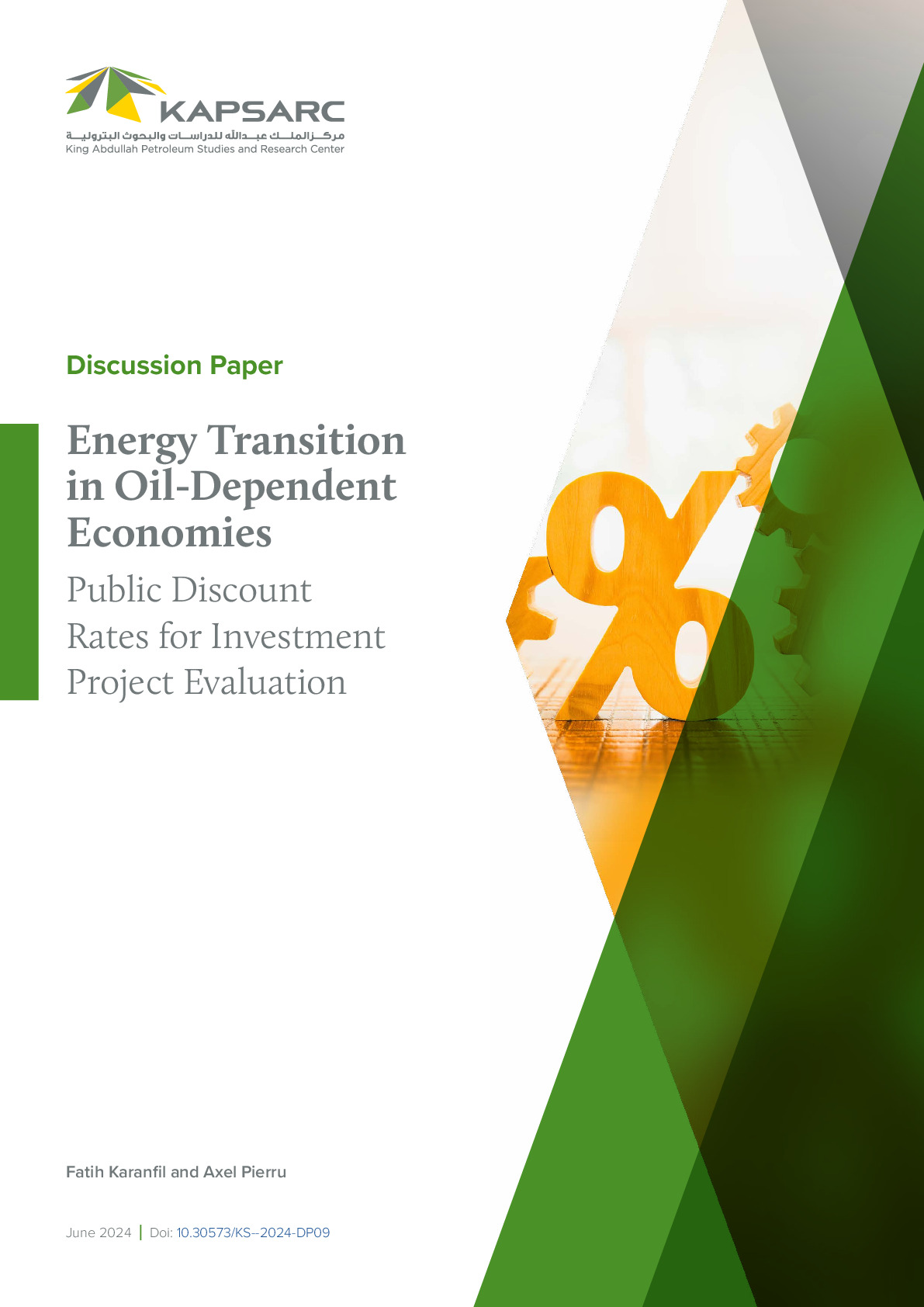Almost all of Saudi Arabia’s electric power generation is fueled by oil and gas. Plans for future capacity envisage nuclear and renewables supplementing this mix and thereby freeing up oil for other revenue-generating opportunities. Coal-fired generation has been promoted in some Gulf Cooperation Council (GCC) countries but not, so far, in the Kingdom. Our analysis finds that: • Imported coal would provide lower cost generation than either solar or nuclear power in the near-term.• At current administered prices of oil and gas, other resources of energy such as solar, nuclear, or imported coal are not competitive for power generation.• If decisions were made based on deregulated oil and gas prices: ○ At the reference coal price, only moderate levels of coal-fired capacity would be introduced. Having remaining capacity comprised of nuclear and solar would result in lower Saudi CO2 emissions from power generation than under a ‘business-as-usual’ scenario.○ At the low coal price, CO2 emissions in 2030 cannot be maintained at their current level since coal, rather than solar and nuclear, is used to displace oil and gas from the generation fuel mix.Some forecasts of coal markets anticipate significant increases in real export prices, which would make coal-fired power generation unattractive compared to nuclear power. © 2016 Elsevier Ltd

Research Fellow
Walid works on modeling energy systems. He is developing or has developed the following components of the KAPSARC Energy Model…
Walid works on modeling energy systems. He is developing or has developed the following components of the KAPSARC Energy Model (KEM): electric power generation, oil refining, petrochemicals and fertilizers, cement production, and iron and steel. He is also working on a bottom-up residential electricity use framework that merges microeconomics with the physical laws governing electricity use.
Expertise
- Energy Systems Modeling
- Optimization
- Electricity Prices
- Energy Efficiency and the Interdisciplinary Connection Between Energy Economics and Engineering
Publications See all Walid Matar’s publications
Energy Policy Pathways to Inform Climate Policy in Saudi Arabia
Almost all of Saudi Arabia’s electric power generation is fueled by oil and gas. Plans…
1st May 2024
Satellite-Assisted Methane Emissions Intensity from Saudi Oil and Gas Production in 2023
Almost all of Saudi Arabia’s electric power generation is fueled by oil and gas. Plans…
28th April 2024



